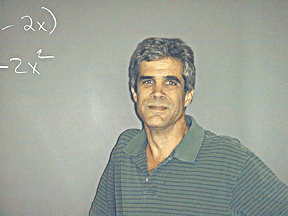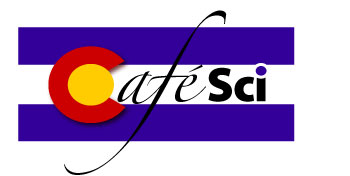Gene Abrams is Professor of Mathematics at the University of Colorado at Colorado Springs. He earned his Ph.D. in mathematics at the University of Oregon in 1981. He is the coordinator of the UCCS MathOnLine program, a distance-learning delivery method for mathematics which allows advanced high school students to take UCCS mathematics courses via the Internet. He has written and spoken widely on issues in mathematics education, and has been actively involved in mathematics-oriented community outreach K-12 educational activities. Gene has published research articles and lectured extensively (both in the U.S. and Europe) on the topic of associative rings and their modules. His current area of mathematics investigation, a subject called Leavitt path algebras, is a topic of interest in both algebra and C*-analysis research circles. Gene has been honored with various teaching awards, including: the “2002 Teacher of the Year” by the Mathematical Association of America Rocky Mountain Section, “President’s Teaching Scholar” by the University of Colorado System (lifetime designation made in 1996), and the 1988 campuswide “Outstanding Teaching Award” by UCCS. He spends his spare time mountain biking, cross country skiing, and living / eating / sleeping baseball. |

|
Math Quiz 1. (10 points) Circle the response which best describes the phrase “research in mathematics”.
Recommended resourcesBooks
Chaos: Making a New Science
Good Will Hunting By James Gleick. Penguin (Non-Classics); ISBN: 0140092501 Uncle Petros and Goldbach's Conjecture by Apostolos Doxiadis Bloomsbury Publishing (New York); ISBN: 1582340676 Gödel, Escher, Bach: An Eternal Golden Braid by Douglas R. Hofstadter Basic Books; ISBN 0465026567 Incompleteness: The Proof and Paradox of Kurt Godel by Rebecca Goldstein W. W. Norton & Company; ISBN: 0393051692 The Man Who Knew Infinity: A Life of the Genius Ramanujan by Robert Kanigel Washington Square Press; ISBN: 0671750615 Film and TV Starring: Robin Williams, Matt Damon ASIN: 6305216088 A Beautiful Mind Starring: Russell Crowe ASIN: B00005JKQZ Proof Starring: Gwyneth Paltrow, Anthony Hopkins, Jake Gyllenhaal ASIN: B00005JNM3 The Proof (PBS interview with Andrew Wiles about Fermat’s Last Theorem) http://www.pbs.org/wgbh/nova/proof/ Numb3rs (CBS TV show) http://www.numb3rs.org/ Websites Clay Mathematics Institute Million Dollar Millennium problemsGreat Internet Mersenne Prime Search American Mathematical Society Public Awareness program Mathematics Association of America
|
